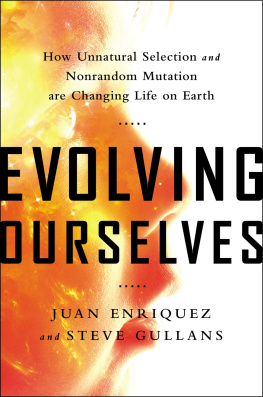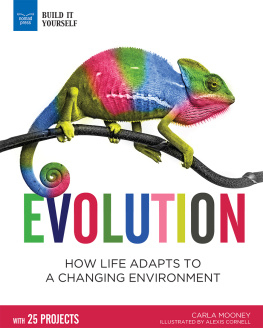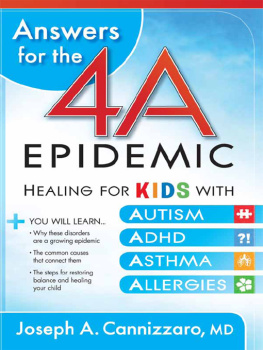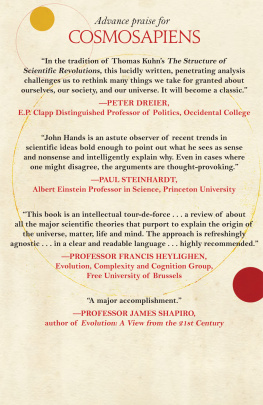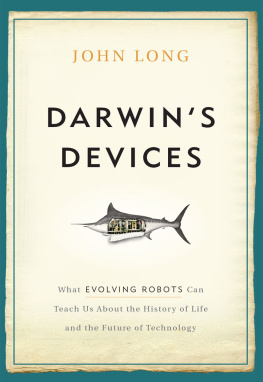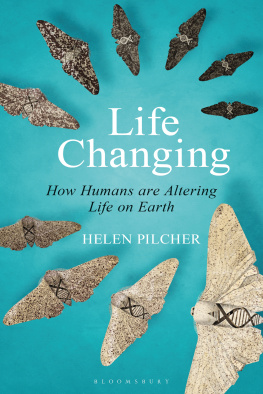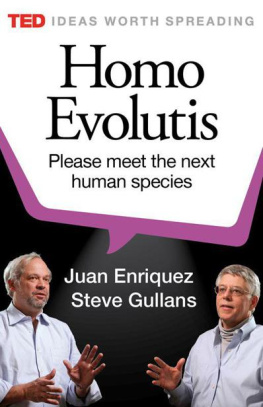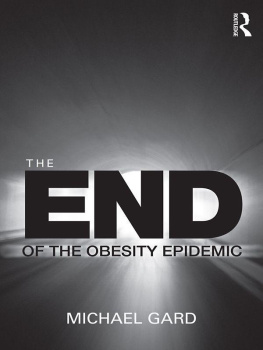Juan Enriquez - Evolving Ourselves: How Unnatural Selection and Nonrandom Mutation are Changing Life on Earth
Here you can read online Juan Enriquez - Evolving Ourselves: How Unnatural Selection and Nonrandom Mutation are Changing Life on Earth full text of the book (entire story) in english for free. Download pdf and epub, get meaning, cover and reviews about this ebook. year: 2015, publisher: Current, genre: Romance novel. Description of the work, (preface) as well as reviews are available. Best literature library LitArk.com created for fans of good reading and offers a wide selection of genres:
Romance novel
Science fiction
Adventure
Detective
Science
History
Home and family
Prose
Art
Politics
Computer
Non-fiction
Religion
Business
Children
Humor
Choose a favorite category and find really read worthwhile books. Enjoy immersion in the world of imagination, feel the emotions of the characters or learn something new for yourself, make an fascinating discovery.
- Book:Evolving Ourselves: How Unnatural Selection and Nonrandom Mutation are Changing Life on Earth
- Author:
- Publisher:Current
- Genre:
- Year:2015
- Rating:4 / 5
- Favourites:Add to favourites
- Your mark:
Evolving Ourselves: How Unnatural Selection and Nonrandom Mutation are Changing Life on Earth: summary, description and annotation
We offer to read an annotation, description, summary or preface (depends on what the author of the book "Evolving Ourselves: How Unnatural Selection and Nonrandom Mutation are Changing Life on Earth" wrote himself). If you haven't found the necessary information about the book — write in the comments, we will try to find it.
Why are rates of conditions like autism, asthma, obesity, and allergies exploding at an unprecedented pace? Why are humans living longer, getting smarter, and having far fewer kids? How might your lifestyle affect your unborn children and grandchildren? If Darwin were alive today, how would he explain this new world? Could our progeny eventually become a different speciesor several?
In Evolving Ourselves, futurist Juan Enriquez and scientist Steve Gullans conduct a sweeping tour of how humans are changing the course of evolutionsometimes intentionally, sometimes not. For example:
- Globally, rates of obesity in humans nearly doubled between 1980 and 2014. Whats more, theres evidence that other species, from pasture-fed horses to lab animals to house cats, are also getting fatter.
- As reported by U.S. government agencies, the rate of autism rose by 131 percent from 2001 to 2010, an increase that cannot be attributed simply to increases in diagnosis rates.
- Three hundred years ago, almost no one with a serious nut allergy lived long enough to reproduce. Today, despite an environment in which food allergies have increased by 50 percent in just over a decade, 17 million Americans who suffer from food allergies survive, thrive, and pass their genes and behaviors on to the next generation.
- In the pre-Twinkie era, early humans had quite healthy mouths. As we began cooking, bathing, and using antibiotics, the bacteria in our bodies changed dramatically and became far less diverse. Today the consequences are evident not only in our teeth but throughout our bodies and minds.
Though these harbingers of change are deeply unsettling, the authors argue that we are also in an epoch of tremendous opportunity. New advances in biotechnology help us mitigate the cruel forces of natural selection, from saving prematurely born babies to gene therapies for sickle cell anemia and other conditions. As technology enables us to take control of our genes, we will be able to alter our own species and many othersa good thing, given that our eventual survival will require space travel and colonization, enabled by a fundamental redesign of our bodies.
Future humans could become great caretakers of the planet, as well as a more diverse, more resilient, gentler, and more intelligent speciesbut only if we make the right choices now.
Intelligent, provocative, and optimistic, Evolving Ourselves is the ultimate guide to the next phase of life on Earth.
Juan Enriquez: author's other books
Who wrote Evolving Ourselves: How Unnatural Selection and Nonrandom Mutation are Changing Life on Earth? Find out the surname, the name of the author of the book and a list of all author's works by series.

